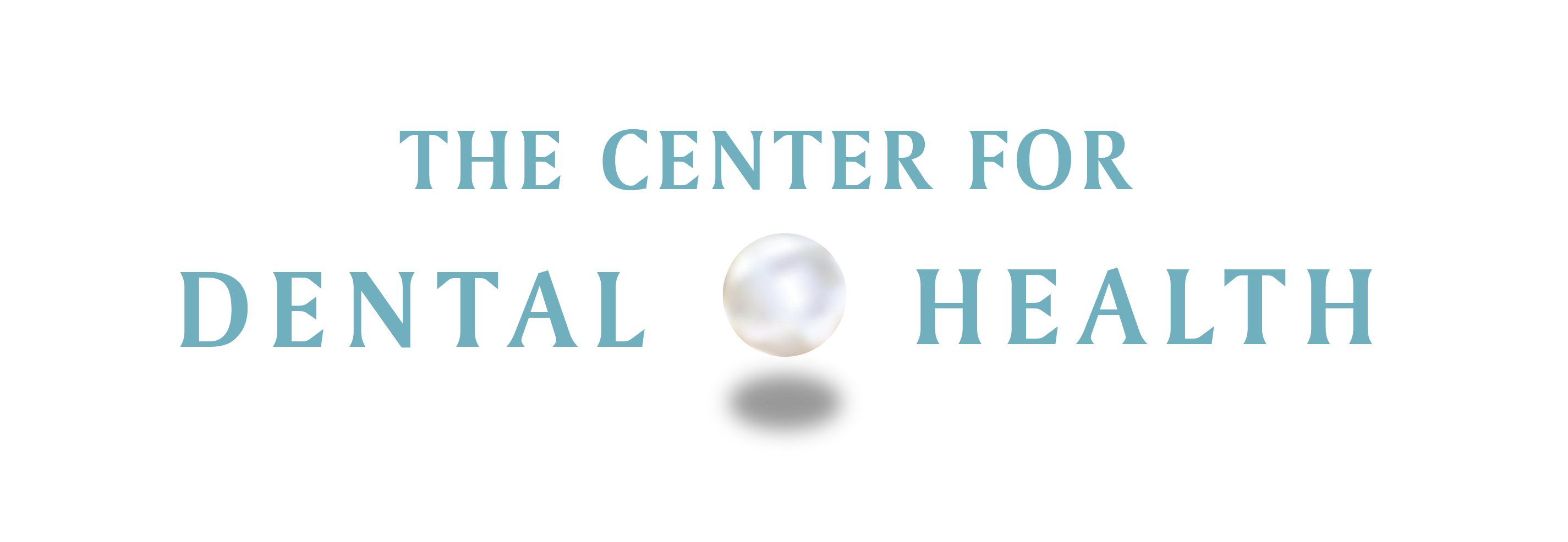Suffering from Headaches? A Bad Bite May Be to Blame!
There is a strong connection between having headaches (both tension headaches and migraines) and having problems with your jaw joints and/or dental bite. How you use or abuse your teeth and jaws—teeth grinding and jaw bracing, for instance—has a profound effect, not only on the jaw joints but also on your head and neck.
Many people endure years of agonizing headaches or jaw problems, using medications and other ineffective methods that ultimately fail to deal with the true source of their pain. It's only when they visit a TMJ specialist that they find effective, long-lasting relief.

TMJ
Headaches & Migraines
Chronic headaches caused by TMJ dysfunction can cause debilitating pain that affects the jaws, temples, neck, and shoulders. Over-the-counter pain medications may help with symptoms, but the headaches will continue to come back.

Tooth & Jaw
Misalignment
In addition to causing extreme pain, teeth and/or jaws that don't come together properly can lead to speech problems, trouble eating, and wearing or breaking of teeth. We use custom guards and splints, and a variety of in-office tools to help "set you straight."

Nighttime & Daytime
Grinding & Clenching
Teeth grinding or jaw clenching are a subconscious way some people deal with the stresses of daily life. Whether it happens during the day or at night, the added force placed on your teeth and jaw can be both painful and damaging to teeth.
"The Great Imposter" Understanding TMJ Pain
TMJ has been called the “Great Imposter” or “mimicker” because its signs and symptoms often manifest in other areas of the head - and body. This fact creates a large amount of confusion for the patient, the physician and the dentist because it often misdirects the focus into other directions rather than the root cause of the problem. This is unfortunate when the root-causes are not dealt with because TMJ/TMD problems can become very debilitating and life-altering, resulting in long-term suffering and disability.
Pain in Face, Jaw, Neck, Shoulder, Back
Unresolved Ear Pain or Ear Congestion
Jaw Muscle Stiffness, Tension, & Pain
Limited Mouth Opening or Range of Motion
Locking of the Jaw
Clicking, Popping, or Grating in the Jaw
Change in the Bite
Posture Problems
Teeth Grinding
Worn Down Teeth
Bite Collapse
Crooked Teeth or Misaligned Jaw
Missing Teeth
Pain Behind the Eyes
Migraine & Tension Headaches
Broken Fillings & Crowns

Frequently Asked Questions About TMJ Problems
Dealing with chronic headaches and jaw pain can be stressful. Learn more about TMJ pain and how a TMJ specialist can help.
TMJ is short for “temporomandibular joint." There are two – one on each side of your head, directly in front of your ears where the lower jaw (mandible) meets together with the skull bone (temporal bone). To find this joint, you can place your fingers in front of your ears and open your mouth. You will feel the condyle of the lower jaw move forward and downward.
When the joints don’t move as they are supposed to, or the disc pops out of position and becomes displaced, it can cause further joint damage and muscle tension and pain, along with other symptoms. Collectively these are referred to as “TMJ Disorder”.
A simple way of thinking about TMJ is to think of a sagging door that doesn’t swing ‘true’ in its door frame. If a door’s hinges are loose or damaged, the door can sag and begin rubbing or sticking on the door frame. This further damages the hinges and its screws as well as the door, the door frame and the latch.
Headaches are also commonly associated with TMJ, with or without a popping joint. Usually this comes from hurting muscles which are constantly tense or strained. The resulting tension headache can be focused behind the eyes or in the cheeks (sometimes referred to a s a “sinus headache”), or radiate around the back of the head, on top of the head, or be centered in the temple area on the side of the head, or above your ears.
Migraine headaches occur when the brain is “sensitized” or made sensitive due to over-activation and high nerve traffic on the trigeminal nerve. When this happens due to TMJ and bite imbalances, it sets the stage for painful headache due to these over-sensitized nerves.
Sometimes, a stressful situation or injury can cause temporary TMJ pain that may go away on its own. However, chronic TMJ problems will not resolve on their own because the source of the dysfunction never goes away.
If pain is severe enough to cause you to miss work, lasts for more than a couple of weeks, or causes you to regularly take pain relievers, you should see a TMJ specialist for treatment. There's no reason to live in pain when safe, effective, and medication-free solutions are available.
The general rule for treating TMJ is do it in a way that is safe, non-invasive and doesn’t risk creating a medication dependency. This is in keeping with the “adjustment first” approach that seeks to balance the jaw relationship and allow muscles to heal. This is usually best accomplished using an orthotic appliance to reposition the jaw and decompress the jaw joint. Additionally, it is important that initial treatment does not cause irreversible or permanent changes to bite or jaw.
Dr. Ostler is experienced with and uses modern techniques and TMJ treatment measures to both diagnose and treat jaw and face pain and bite problems, and the painful headaches that accompany them. Often a multi-disciplinary problem, Dr. Ostler knows when and how to utilize other health professionals to assure the best outcome possible.
Your holistic approach to what others consider solely a “jaw issue” was refreshing....After only a few months of wearing a TMJ dental appliance, I am extremely pleased with how well my symptoms have resolved, especially the daily, very troublesome headaches."
Julie | Read More Reviews
